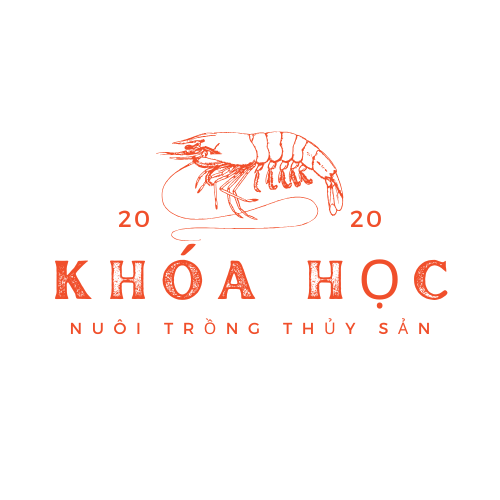The travel industry in 2025 stands at a juncture of advancement and responsibility. As global tourism rebounds to pre-pandemic levels, travelers and industry stakeholders alike are steering a landscape transformed by environmental priorities, technological advancements, and changing visitor priorities.
## Eco-Friendly and Planet-Conscious Travel
The urgency for sustainability has become a bedrock of modern travel. By 2025, the tourism sector is projected to generate 6.5 billion metric tons of climate pollutants, necessitating immediate measures. Destinations like Costa Rica and Bhutan are spearheading this charge, with the latter maintaining its status as the world’s only climate-positive country through stringent guest quotas.
Restorative travel models, such as New Zealand’s Māori-led green adventures, are acquiring momentum. These projects reflect a broader shift: 73% of travelers now prefer brands with comprehensive green strategies.
## Personalization and Personalized Adventures
Premium tourism in 2025 is synonymous with extreme customization. Selective visitors seek life-changing trips tailored to their unique interests. Providers like LuxGroup emphasize “responsible opulence,” blending indulgence with local integration.
Artificial Intelligence is revolutionizing trip planning, enabling adaptive schedules that respond to real-time preferences. This trend matches findings that 64% of luxury travelers prefer personalized offerings over standardized options.
## Combating Overtourism Through Ingenuity
Overtourism remains a critical challenge, prompting travelers to seek “substitute spots” and shoulder-season visits. Cities like Ljubljana are alleviating congestion through vehicle-restricted areas and pedal transportation systems.
Authorities are stepping in; Amsterdam and Majorca have introduced tourist limits and etiquette standards to protect local ecosystems.
## Technology’s Role in Hassle-Free Tourism
AI’s influence reaches beyond personalization into process optimization. Virtual assistants handle 24/7 customer inquiries, while data projections optimize flight schedules and hotel pricing. VR technology previews allow travelers to “test” destinations before booking.
Applications like Seven Corners streamline trip management, offering real-time updates on weather, crowds, and transportation delays. Cryptographic recordkeeping enhances transparency in carbon offset programs.
## Longer Stays and Cultural Immersion
The era of hectic vacations is waning. Luxury travelers are commonly opting for two-week stays to deepen cultural connections. Families are increasingly embracing “professional voyages,” combining remote work with lengthy residencies.
## Event-Driven Travel and Novel Experiences
“Concert traveling” has skyrocketed, with fans traveling worldwide for major events. Stargazing travel—exemplified by skywatching in Chile’s Atacama Desert—reflects increasing demand in cosmic occurrences.
## Health and Unplugged Retreats
Self-care journeys is evolving beyond spa retreats to encompass comprehensive wellness. Digital detoxes combine yoga with farm-fresh meals, aligning with a 95% increase in demand for wellness-focused itineraries.
## Financial Approaches and Budget-Aware Travel
Travelers are leveraging membership benefits and combined packages to enhance benefits. Banking incentives are being deliberately exchanged for premium services, reflecting a shift toward “smart luxury”.
## Final Analysis
The travel landscape of 2025 is defined by its dual nature: a desire for exploration moderated by principled stewardship. As destinations reconcile progress with protection, stakeholders can ensure tourism remains a bridge—not a impediment—to a more connected and ethical world.

